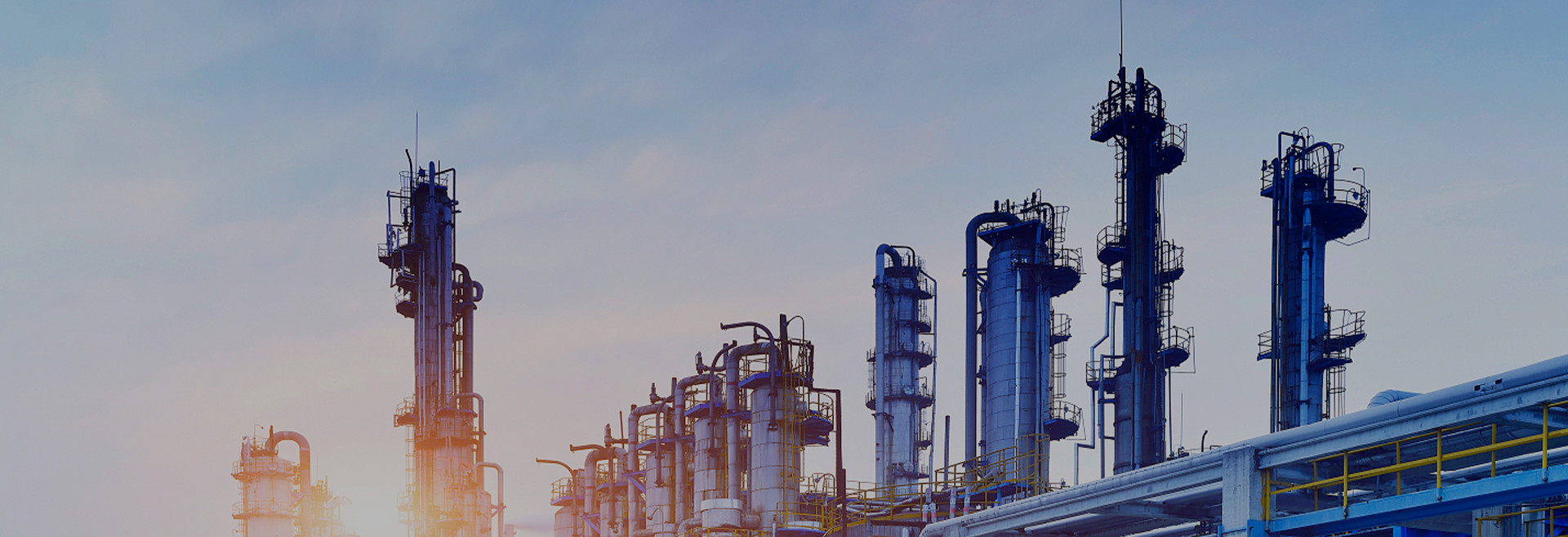
News
Learn more industry news
NEWS CENTer
Common Issues and Troubleshooting Methods in the Calibrat...
During the calibration process of sulfur dioxide (SO₂) standard gas, several issues may arise that can affect the accuracy and reliability of the calibration. Below are some common problems and their corresponding troubleshooting methods: Inconsistent Gas Concentration Readings: Problem: The readings from the gas analyzer fluctuate or...
View MoreThe indissoluble bond between electronic chips and xenon
The Unlikely Bond Between Electronic Chips and Xenon Gas In the realm of electronic chip manufacturing, xenon gas is most commonly associated with its use in the production of MEMS. What exactly are MEMS? MEMS stands for Micro-Electro-Mechanical Systems. So, what role does it play in electronic mechanical systems? In fact, some ...
View MoreApplication of excimer laser gas
The auxiliary gas used by the laser cutting machine to process different materials is different. The cutting thickness is different, and the pressure and requirements of the auxiliary gas are different. In terms of cost, cutting carbon steel with oxygen is relatively cheap, cutting carbon steel nitrogen amount is very large, the thick...
View MoreHow are argon, neon, helium, krypton and xenon distribute...
The noble gases are argon, neon, helium, krypton and xenon. Because of their different boiling points, the concentrations in air are very different, so the components are collected in different parts of the rectification column. Krypton and xenon have the highest boiling points (at standard atmospheric pressure, the boil...
View MoreCan helium be put in the workshop?
Can helium be discharged into the workshop? Many customers ask whether helium can be placed directly in the workshop, and let’s popularize the safe use and storage methods of helium. Note the following when using helium: 1. Safe use: Helium is an inert gas, non-flammable, can not be mixed with oxygen, oth...
View MoreHow sulfur hexafluoride works on circuit breakers
Sulfur hexafluoride (SF6) is a colorless, odorless, non-toxic gas, its molecular structure is stable, not easy to react with other substances and has excellent insulation properties and stable chemical properties, as well as non-toxic, non-corrosive and other characteristics, so it is widely used in power equipment. The following i...
View MoreFormation and utilization of xenon gas
The formation of xenon Xenon is a rare gas, one of the 18th group elements in the periodic table, colorless, odorless, tasteless, chemically inactive, exists in the air, every 100ml of air contains xenon 0.0087ml. Xenon was discovered by Ramch and Travis at University College London in July 1898, having previously extracted neon, a...
View MoreWhat is the helium 3 isotope
Isotopic gas refers to the gas with the same number of protons, different numbers of neutrons (or different mass numbers) of the same element of different nuclides isotope gas.Helium isotope gases include helium-3, helium-4, helium-5, helium-6, helium-7, helium-8, helium-9, and helium-10.But only helium-3 and helium-4 are stable, the rest...
View MoreWhat is the impact on equipment calibration if the standa...
Expired standard gas may have the following effects on equipment calibration: First, it may lead to inaccurate reading of the equipment: The use of expired calibration gas for calibration may lead to inaccurate concentration values of the standard gas used for calibration, thus affecting the results of the equipment calibration, re...
View MoreHow to Choose a Reliable Krypton Gas Supplier
1. Possess the qualification of formal authority Can you choose krypton gas distribution manufacturers to cooperate with? In the case of time emergency, in order to solve the gas distribution problem faster, many customers and friends will have similar ideas. In fact, many gas distribution manufacturers not only do not have rich in...
View MoreWill C4F7N gas replace sulfur hexafluoride gas?
Will C4F7N replace sulfur hexafluoride gas as an insulating medium? Perhaps many practitioners in the power industry have found that many places with sulfur hexafluoride gas have been replaced by C4F7N in recent years, and they will have this question, will sf6 be used in the future, and will it be replaced by C4F7N? To know if sul...
View MoreSome uses of noble gases
Medical treatment Xenon has a highultraviolet radiation and can be used in medical technology. Xenon can dissolve in the oil of the cytoplasm, causing the cell to numb and swell, so that the nerve endings are temporarily stopped, to achieve anesthesia. A mixture of 80% xenon and 20% oxygen has been tried as an anesthetic without si...
View MoreINQUIRY FOR PRICE LIST
For inquiries about our products or pricelist ,please leave your email tous and we will be in touch within 24 hours.
Contact us now











